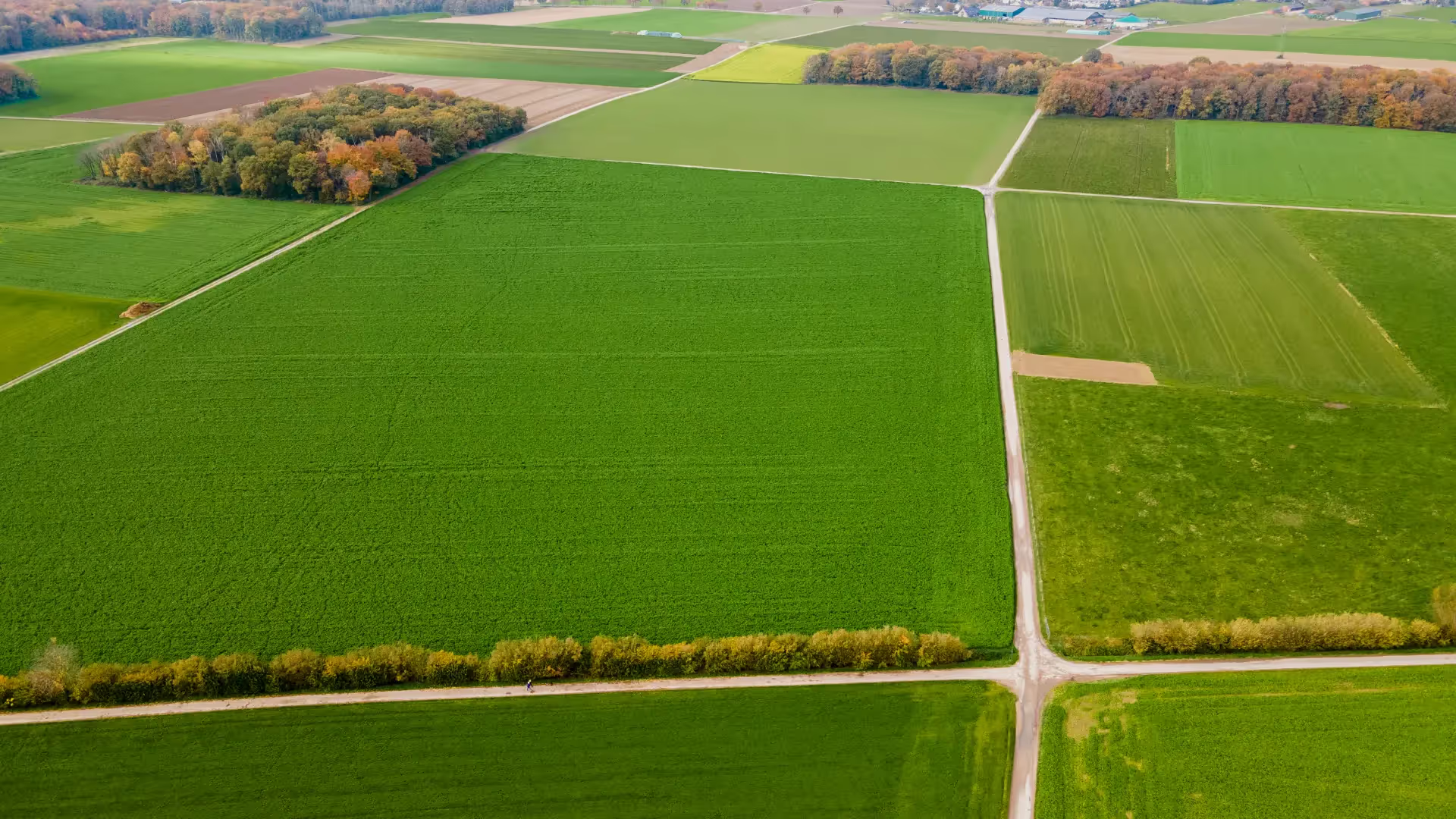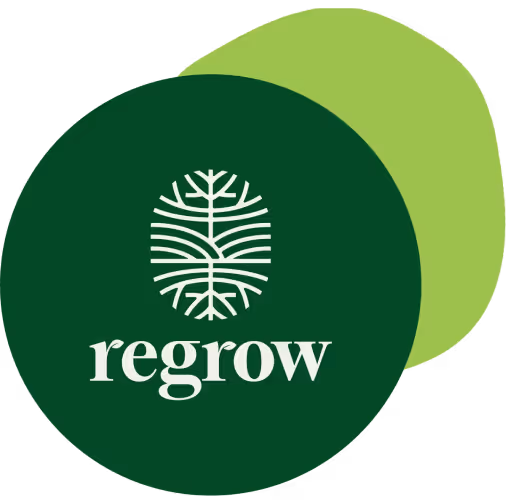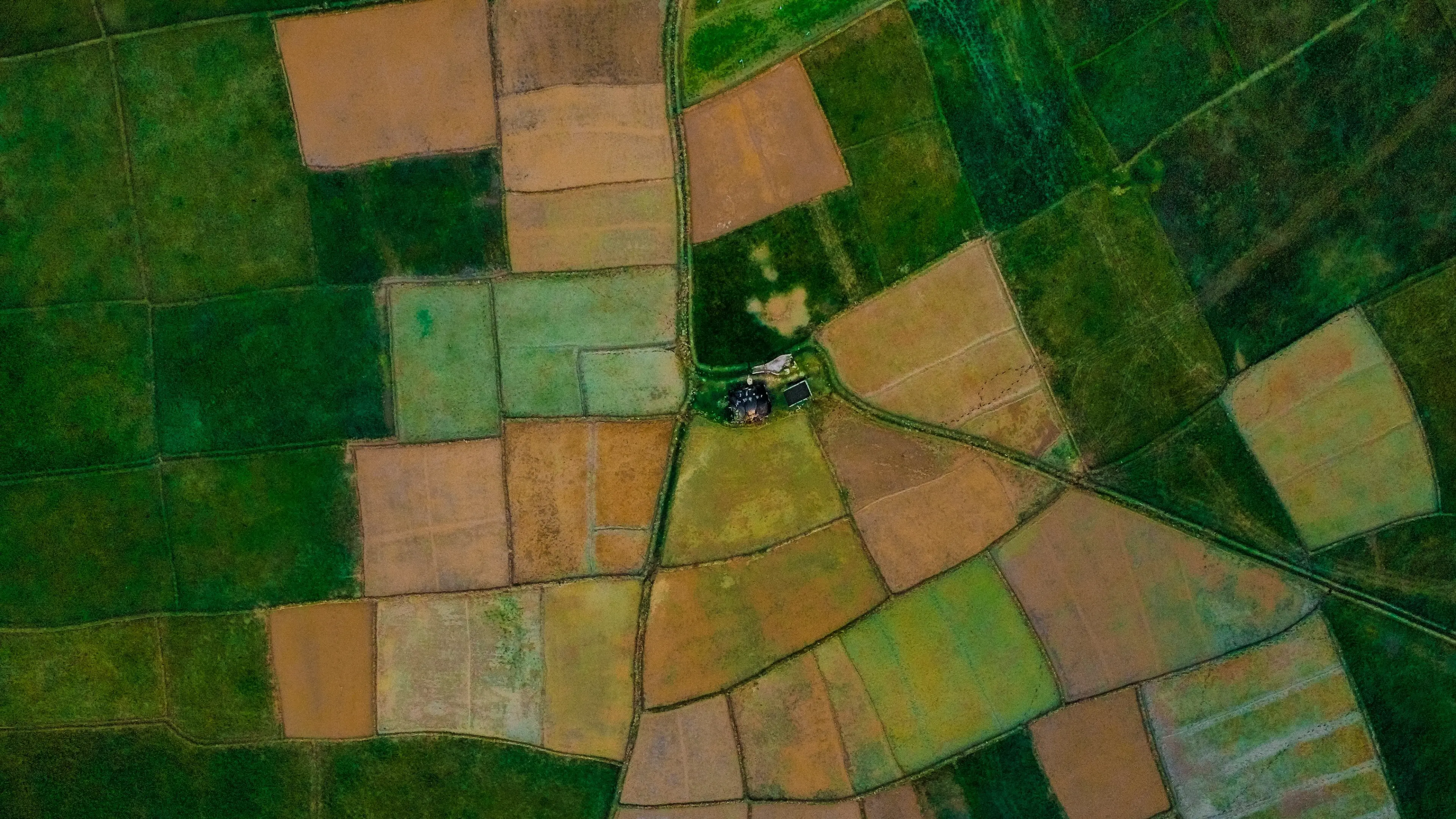If you work in corporate sustainability, you’ve probably been trying to get ahead of coming regulations in sustainability and greenhouse gas emissions reporting. This is particularly true if you work in the food and agriculture sector.
“I may have to report my GHG emissions at that level of detail? How on Earth am I ever going to get that data? ”
Regulation is on the horizon
Prepare for comprehensive scope 3 reporting
This spring, word on the street was that the Securities and Exchange Commission (SEC) would release a rule that companies would be required to report their scope 3 emissions inventory. scope 3 emissions encompass all the indirect emissions within a company’s supply chain. In other words, GHG emissions for which the company doesn’t have direct control. Why is this a big deal? Because over 80% of a company’s greenhouse gas inventory can fall within scope 3 emissions.
Now imagine that you are a food company or agricultural input supplier that sells or sources products from hundreds of millions of acres of farms across the globe. The GHG emissions from all of those farms can fall within your scope 3 inventory. It’s easy to see how the data needed to report on those emissions can feel like an oncoming freight train.
Incoming: national and global sustainability standards
The SEC has delayed the release of their rule until fall 2023, but SEC regulations aren’t the only rules on the horizon for corporate sustainability reporting. In California, the state legislature is considering two bills that would require companies operating in the state with revenues over a certain threshold to disclose all of their corporate GHG emissions. This would have global impacts on GHG emissions reporting.
More broadly, late last month, the International Sustainability Standards Board (ISSB) released the much anticipated first global sustainability disclosure standards. The goal of the standards is to create a global baseline for sustainability reporting alongside financial reporting to allow for transparent reporting of climate risks and opportunities to the markets and investors. The ISSB standard is expected to be adopted across governments as the standard for sustainability and climate reporting. In the Climate Related Disclosures portion of the standard, companies will be required to report scope 1, 2, and 3 emissions. For scope 3, the requirements are across the company's value chain and must be consistent with the Greenhouse Gas Protocol Corporate Value Chain (scope 3) Accounting and Reporting Standard (2011). The new ISSB standard goes into effect after January 1, 2024.
Reporting is not an undue burden
It’s an opportunity to meet sustainability head on
It is clear that we are moving into a new world of increased climate risk disclosure and reporting requirements. While this may feel like an undue burden, the Intergovernmental Panel on Climate Change’s recent report concludes that our current efforts are insufficient to keep global warming within the Paris Agreement unless we increase our mitigation ambition. It is imperative that we have an accurate accounting of our greenhouse gas emissions so that we can create credible plans to reduce those emissions in line with the Paris Agreement. This means that no matter how difficult the task may seem, we must include scope 3 emissions in our climate disclosures and mitigation plans. As management consultant Peter Drucker famously said, “What we can’t measure, we can’t manage.” Without measuring our emissions accurately and in detail, we will not reach the goals outlined in the Paris Agreement.
Build your reporting infrastructure now
Prepare for future reporting standards
For the food and agriculture sector, Regrow launched Sustainability Insights in 2022. Sustainability Insights precisely delivers GHG emissions across a company’s supply shed and allows for the exploration of interventions to reduce those GHG emissions. This can be part of risk mitigation strategy reporting requirements in the new ISSB standards. The engine behind the Sustainability Insights tool meets the IPCC Tier 3 standard for the highest quality GHG assessment and is thus compatible with the Greenhouse Gas Protocol and Science Based Targets Initiative guidance for accounting and reporting, and should be compatible with the new requirements for ISSB reporting. For the food and agriculture sector, Regrow’s Sustainability Insights tool empowers you to get ahead of guidelines surrounding corporate disclosure and reporting, rather than being left behind.



